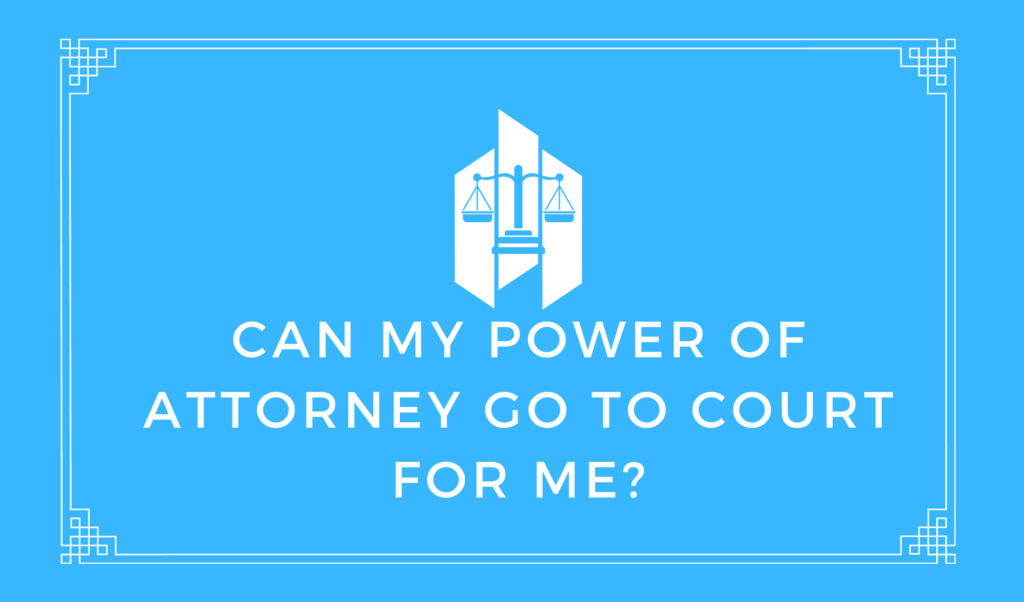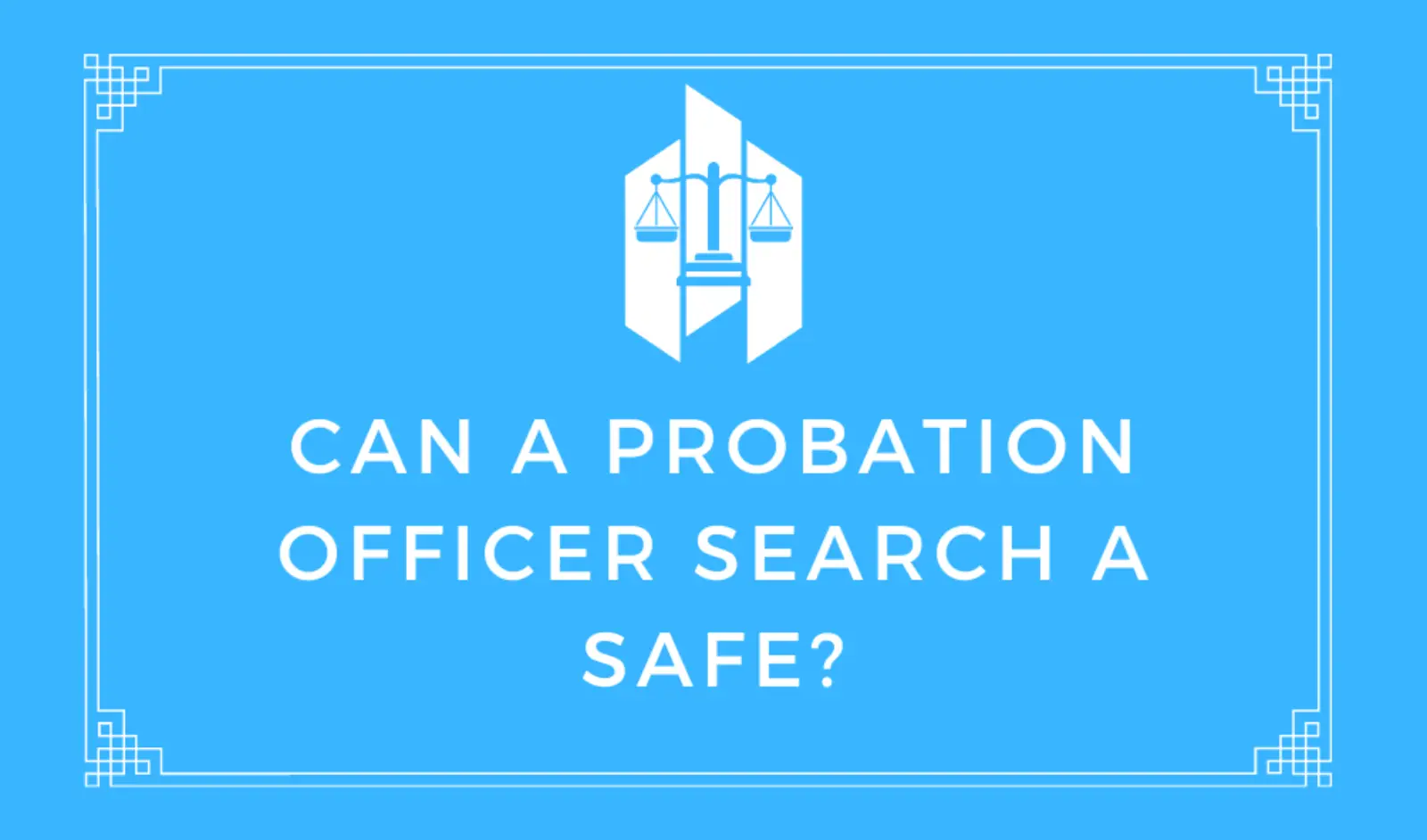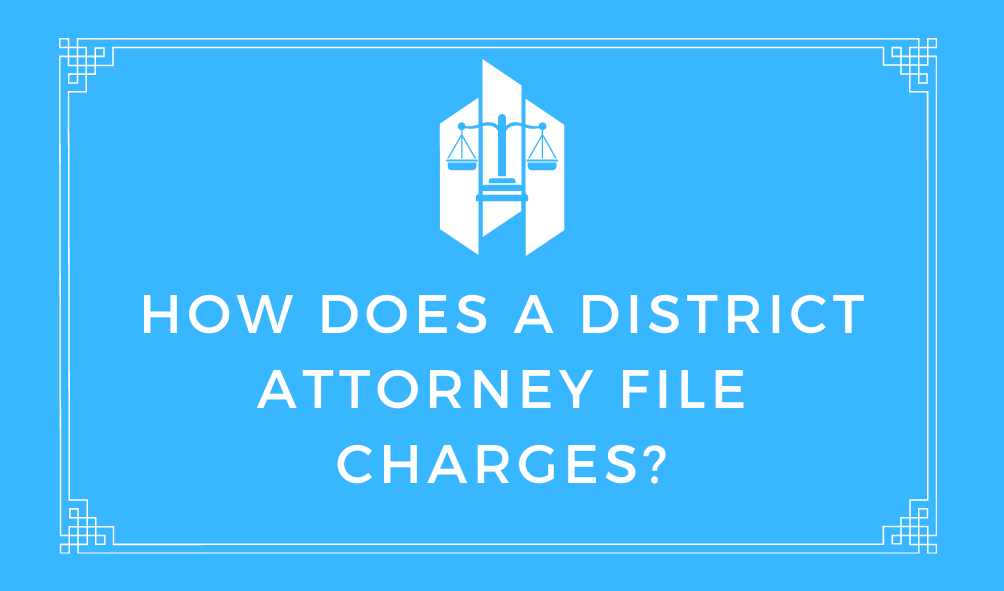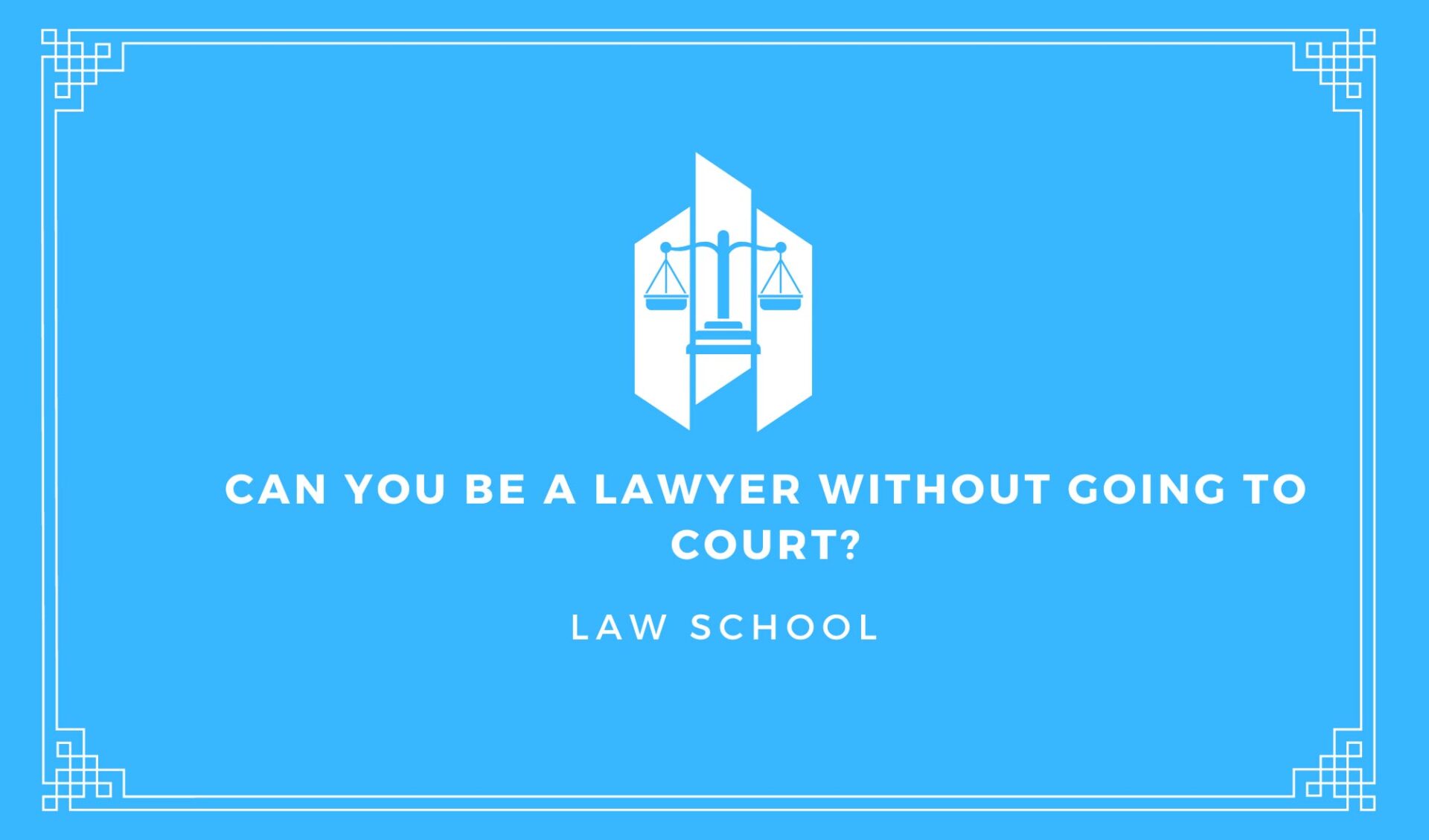A power of attorney is one of the most common types of legal documents. A power of attorney allows a person to delegate some of their legal responsibilities to another person. It can be done in any area of law, from business to personal matters.
When a power of attorney is made, the signer of a power of attorney can decide whether or not a power of attorney can go to court for them. However, some courts will not allow a power of attorney to go to court for the signer even though it might be obtained fraudulently.
In this blog post, you’ll learn, Can my power of attorney go to court for me? Usually, your power of attorney cannot represent you in court. However, under some conditions, your POA might represent you.
When you appoint someone as your power of attorney in regard to something, they will make all legally-binding decisions on your behalf. However, they cannot make a decision that they will be held responsible for in a court of law.
If a court finds that the decision made by your power of attorney was not in your best interest, your power of attorney could be held liable.

What is a Power of Attorney?
A power of attorney is an agreement between you and someone else that gives them the legal authority to act on your behalf. If you are not feeling well, you can ask someone to come over and take care of your household duties for a short period of time.
This person could be a close relative or friend. If you know that they have the ability to do this for you, you will ask them to act as your temporary power of attorney.
You can make them your agent to take care of your affairs during your temporary illness. Your agent will handle your financial affairs and make all the necessary decisions on your behalf.
You may also like: Can a Lawyer Represent You In Another State?
When your agent acts on your behalf, they are called your power of attorney. It is seen as an “agency” connection. Your power of attorney (POA) may be legally able to:
- Remit your bills
- Sell your belongings,
- Spend your money,
- Utilize social media to vote for stocks,
- Contact your mortgage company
- Open your mail and more.
The power of attorney relationship may be short-term, limited in scope, or perpetual. Normally, you have the right to revoke your power of attorney at any moment and for any cause.
The court may become involved in providing someone the authority to take care of the disabled person if you lack the competence to revoke the POA. In a nutshell, a power of attorney is an “agency” connection. It is seen as an “attorney-in-fact” relationship.
Can My Power of Attorney Go To Court For Me?
Yes, you may ask your agent to act on your behalf during your temporary illness. Your agent is known as your power of attorney (POA). Only in certain situations could your power of attorney represent you in court.
When the defendant’s attorney is scheduled to present, and the hearing is not crucial, the court frequently permits the defendant to “waive of personal appearance” at hearings in criminal cases (usually administrative).
At minor hearings (or even trials), defendants may file motions to let their counsel represent them without them in person or by paper only. If the decision-makers required to resolve the disputed issue are present, the court may, with permission, permit the non-appearance of a party in civil matters.
You may also like: Can You Hire a Lawyer From Another City?
In civil proceedings, the court may permit the absence of a party as long as the individuals who must make decisions in order to settle the conflict are present. However, in general, a request can only be made upon request and with the court’s approval.
However, a non-appearance is typically only permitted upon request and with the court’s approval. In any case, unless the Power of Attorney is a licensed attorney, they cannot represent you in court.
Capacity is a problem
When capacity is a problem, and you need legal help, you may be entitled to legal assistance from your Power of Attorney. You may have someone else write a letter to the court to request the appointment of a guardian for you.
If you want someone else to represent you in court, they can send the court a letter asking that you be allowed to proceed without being represented by a lawyer. Your Power of Attorney can also ask the court to appoint someone else as your guardian.
A power of attorney can also ask the court to order that you receive medical treatment. You can ask for legal help if you want to. However, before you ask for a Power of Attorney, you should consider whether it would benefit you.
How a POA Can Be Useful During Legal Action
Your Power of Attorney can be useful during legal action. A POA can participate on your behalf as the matter moves forward, even though they cannot represent you in court. For example:
- Making significant decisions, such as whether to submit a claim (or not)
- Critical choices, such as whether to accept a settlement
- Hiring a legal team or attorney
- Conversing with the lawyer and employees
- Finding case-related information
- Significant choices include whether to pay for small- or large-case fees and more…
It typically depends on the lawyer’s comfort level and willingness to collaborate with the POA rather than the client directly.
Final Verdict
We hope that you found our blog about the Power of Attorney and Can My Power of Attorney Go To Court For Me? It’s a tough decision to make when it comes to appointing a power of attorney, but you need to make sure that you are making the right decision for your loved one.
We know that sometimes family members lack the confidence and knowledge in their abilities to go to court on their own. With the legal knowledge and support that a power of attorney can provide, they can help act on behalf of the client.
Remember to discuss their wishes beforehand to make sure that you are on the same page and make sure that you both sign any document necessary.
Thank you for reading. We hope to hear from you soon!


